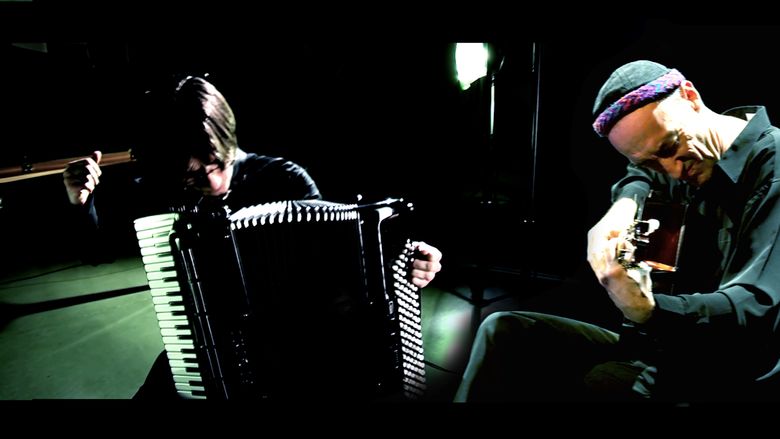Dereck Majors, Hailey Roberson and Julia Benim, pictured left to right, are three students enrolled in EDTHP 115A: Competing Rights: Issues in American Education. The Penn State Behrend course helps students understand how schools are influenced by politics and society.
A teacher’s classroom is not what it used to be. Common Core State Standards, coupled with evolving legislation, and an ever-increasing number of charter schools ensure education in America is changing on an almost daily basis.
For an aspiring teacher, it’s a lot to soak in. That’s where a class like EDTHP 115A: Competing Rights: Issues in American Education can be so helpful.
Offered as part of Penn State Behrend’s Elementary and Early Childhood Education program, the course helps students understand how schools are influenced by politics and society. Almost every key educational issue is tackled.
“The course really focuses on the history of education in the United States. We touch on almost everything, including school safety, unions, school choice, education politics (including the current Secretary of Education), poverty, redlining and the relationship between housing justice and education, gender and race, segregation, teacher walkouts, and other pertinent and pressing education topics,” said Ashley Sullivan, an assistant professor of early childhood education and the instructor for the course.
The course has resonated with students.
“It focuses less on curriculum but instead on some of the things that you might not think about as a teacher,” said Hailey Roberson, a junior elementary and early childhood education major from Orange County, California. “It’s not a typical class, and that’s a good thing. To be honest, I did not know the different policies of a private, charter or public school, and this has helped put all of that into context. It’s also not something that we’re just going to be able to find in a textbook.”
One of the ways the course has illustrated some of the complex issues facing education in America is by introducing the students to real-world educators who deal with these issues every day.
“The course helps to create more informed, civic-minded citizens who are more likely to follow the news and vote in both midterm and presidential elections,” Sullivan said. “I have actually had students leave the course with a new interest in running for political office. I have had other students who decided that they wanted to teach in a low-income, urban school because of this class.”
In March, the course hosted a panel that consisted of several teachers and administrators from public, private and charter schools that are located in urban, rural, and suburban areas. The panelists shared their experiences, both good and bad, and several of their stories were eye-opening.
One teacher noted how six students were escorted out of her building in handcuffs just that week. Another said her school district often struggles to pay for even basic school supplies.
But they also offered tips for how educators can combat such challenges.
“It was really eye-opening as it brought to light a lot of the issues that we would not be aware of unless we were already teaching,” said Julia Benim, a sophomore elementary and early childhood education major from Erie. “While hearing the negatives is tough, this also helps give us a head start. We now know ways we can get started to be ready for the difficult things.”
As part of the course, the students also hosted a forum with Erie Mayor Joe Schember. The Erie School District faces several of its own challenges. In recent years, the district has struggled with a considerable financial deficit, and data suggests that seven out of 20 district eighth-graders are not proficient in English and language arts and three out of 20 eighth-graders are not proficient in mathematics.
The forum offered students a chance to hear how Erie is dealing with these real-world issues. Attendees were also encouraged as Schember outlined several of the strengths of the Erie School District.
“It definitely helps prepare you because you realize that not every day is going to be sunny and cheery,” said Dereck Majors, a sophomore secondary English education major from Freedom. “That’s why this class is so important. It brings real-world politics into a program and shows teaching children is not just teaching them how to read and write.”
Despite the challenges, the students remain eager to begin educating the next generation of young people.
“After taking this class, I know I want to teach at a school where they need me most,” Roberson said. “I had a really great educational experience, but I know that’s not the case for everyone. My first day of teaching, who knows, I may go home crying, but I know I want to put my degree to good use and really make a difference in children’s lives.”
Steve Orbanek
Marketing Communications Coordinator, Penn State Erie, The Behrend College

